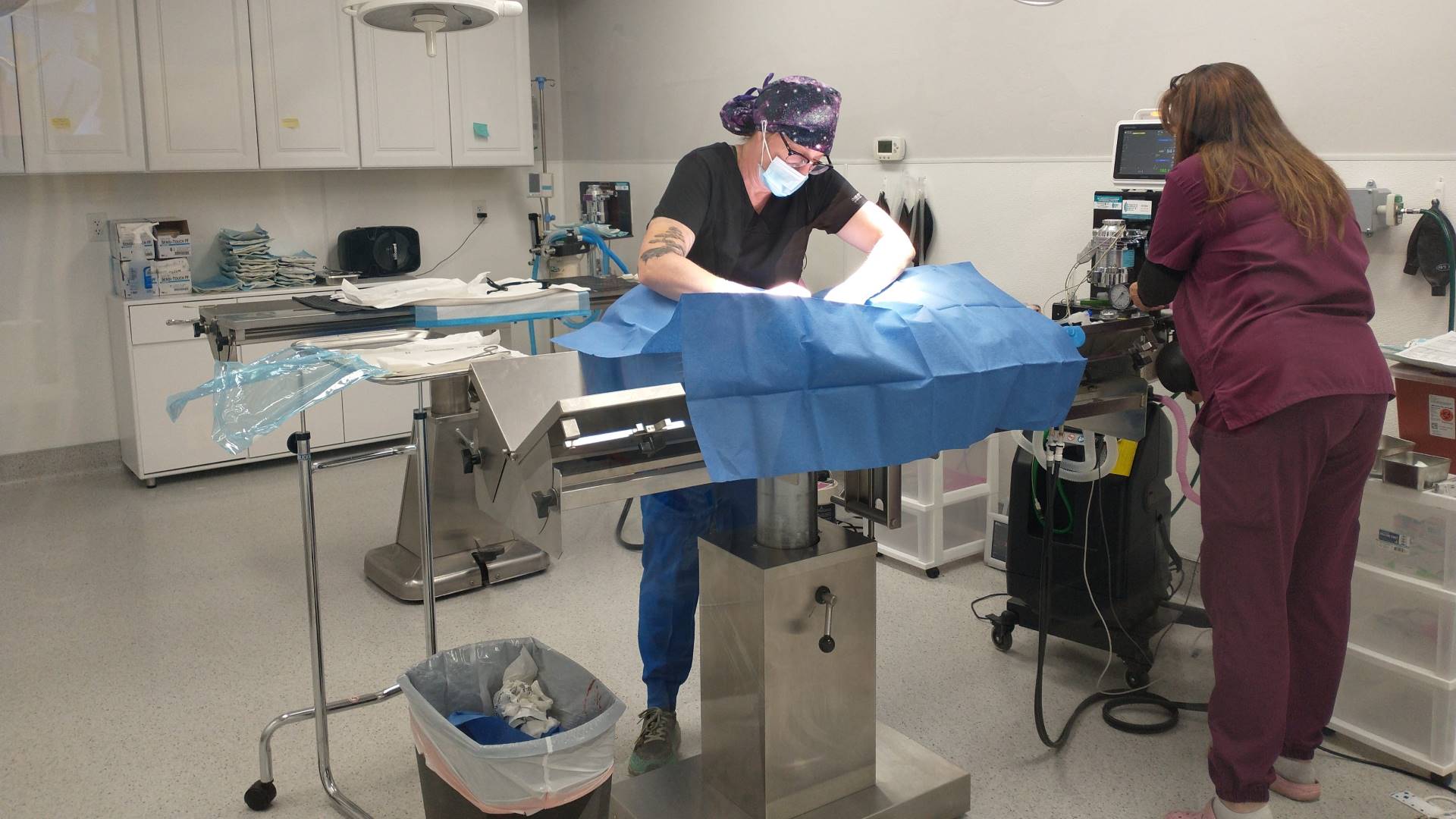Promoting Healthy Habits in Teenagers
Title: Teens: Your Health Matters Now More Than Ever! A Roadmap to Wellness

In today’s fast-paced world, maintaining a holistic approach to health has never been more vital, especially for teenagers. Health isn’t merely the absence of disease; it’s the interplay of physical, mental, and emotional well-being that allows young people to thrive and achieve their goals. As teens prepare to step into adulthood, developing healthy habits can set the stage for a fulfilling and productive life. If you’re a teenager navigating this complex phase, read on for essential insights into maintaining your health during these formative years.
The Importance of Overall Well-Being
Health can be segmented into several key categories: physical, mental, emotional, and behavioral health. Focusing on these areas is crucial for teenagers, who are often juggling academics, social pressures, and rapidly changing bodies. Here’s how you can take charge of your health in each of these areas.
Physical Health: Taking Care of Your Body
Physical health is foundational to overall wellness. Here are some simple yet effective steps you can take:
1. Exercise Regularly: Aim for at least 60 minutes of physical activity daily. This doesn’t mean you have to hit the gym; play sports, dance, or even take walks with friends!
2. Eat a Balanced Diet: Fuel your body with a variety of foods, including fruits, vegetables, whole grains, lean protein, and low-fat dairy. Avoid junk food, as what you eat now significantly impacts your future health.
3. Maintain a Healthy Weight: Being overweight during your teenage years can lead to long-term health issues, including chronic illnesses and emotional challenges like bullying.
4. Prioritize Sleep: Teens typically need between 9 to 9.5 hours of sleep each night for optimal performance. Lack of sleep can hinder your concentration and affect your academic performance.
5. Stay Up to Date with Vaccinations: Regular vaccinations, including the flu shot and the HPV vaccine, are vital for preventing serious health issues later on.
6. Practice Good Oral Hygiene: Regular brushing and flossing can prevent dental issues down the road.
7. Use Sunscreen: Protect your skin from harmful UV rays to reduce your risk of skin cancer later in life.
8. Listen to Your Music with Caution: Keeping the volume at a reasonable level can help protect your hearing.
Mental Health: Nurturing Your Mind
Mental health is just as critical as physical health. Here are some tips to maintain a positive mental state:
1. Manage Stress Effectively: Discover healthy coping mechanisms—this could be mindfulness, meditation, or even talking to friends.
2. Foster Academic Success: The link between academic performance and overall health is evident. Stay organized and seek help when needed.
3. Keep Open Lines of Communication with Parents: Healthy relationships with family can help you navigate teenage challenges.
4. Balance Your Life: Striking a balance between work, study, and play can help you satisfy the various aspects of your life without feeling overwhelmed.
5. Know Your Limits: Don’t take on more than you can handle. Prioritize your commitments to avoid burnout.
Emotional and Behavioral Health: Understanding Feelings and Safety
1. Recognize Signs of Mental Illness: Understanding symptoms of anxiety or depression is crucial. If you notice changes in your mood or habits, consult an adult you trust.
2. Seek Help When Needed: Don’t hesitate to talk to someone if you’re feeling down; it’s vital to have a support system in place.
3. Practice Respect and Kindness: Bullying can have severe consequences—both for the victim and the perpetrator. Promote kindness and seek help if you are involved in or witnessing bullying.
4. Steer Clear of Substance Abuse: Avoid alcohol, drugs, and tobacco. Engaging in these behaviors can pave the way for long-term health issues.
5. Drive Safely: Always buckle up and avoid distractions when in a car to reduce the risk of accidents.
Addressing Your Health Concerns
If you’re unsure about your health, don’t hesitate to speak with a healthcare professional. A doctor can:
– Assess your health risks
– Measure vital stats like height, weight, and blood pressure
– Offer tailored advice and vaccinations
Developing Healthy Habits for a Brighter Future
Wondering if your current habits will impact you later? The answer is yes! Many health issues stem from habits formed in your youth. Conversely, adopting a healthy lifestyle can lead to a longer, healthier life, free from chronic diseases like heart disease and cancer.
It’s important to be aware of the unique challenges faced by both young men and women. Young men are more likely to engage in risky behaviors, while young women may face mental health challenges like anxiety and depression more frequently.
Final Thoughts and Questions to Ask Your Doctor
If you have concerns about your health or body image, discussing these with your doctor can be invaluable. Here are a few questions you might consider asking during your visit:
– What steps can I take to stay healthy?
– Am I at risk for any specific health problems?
– What dietary changes can I make for better health?
– How can I practice safe sex?
By taking proactive steps in your health journey, you set the groundwork for a vibrant and successful future. Remember, it’s about progress, not perfection—finding the right balance for your unique life is key. Get out there and take charge of your health—it’s never too early to start!





